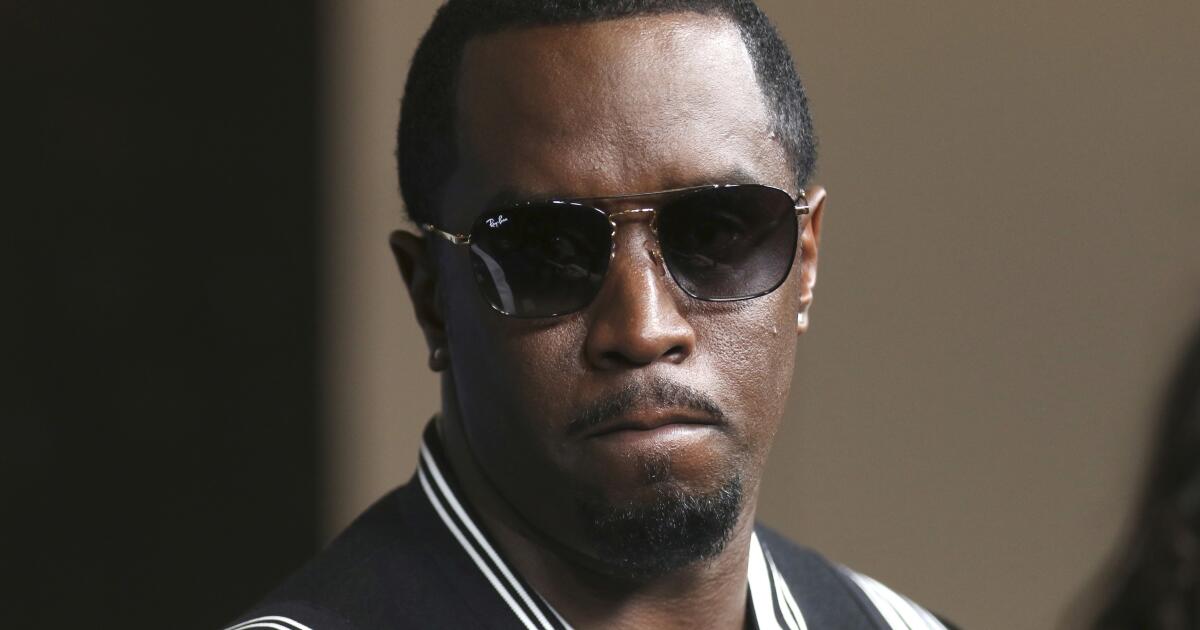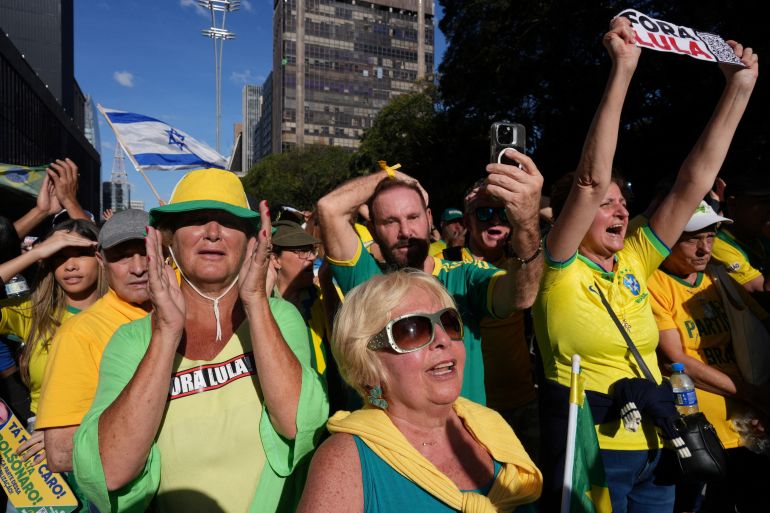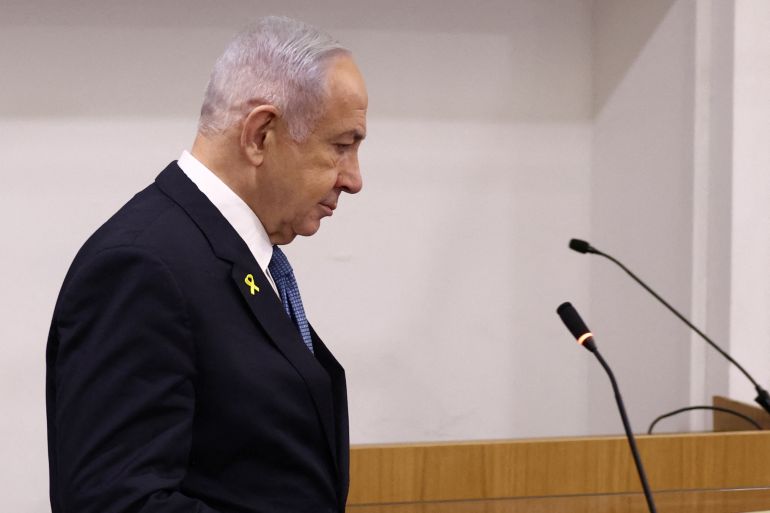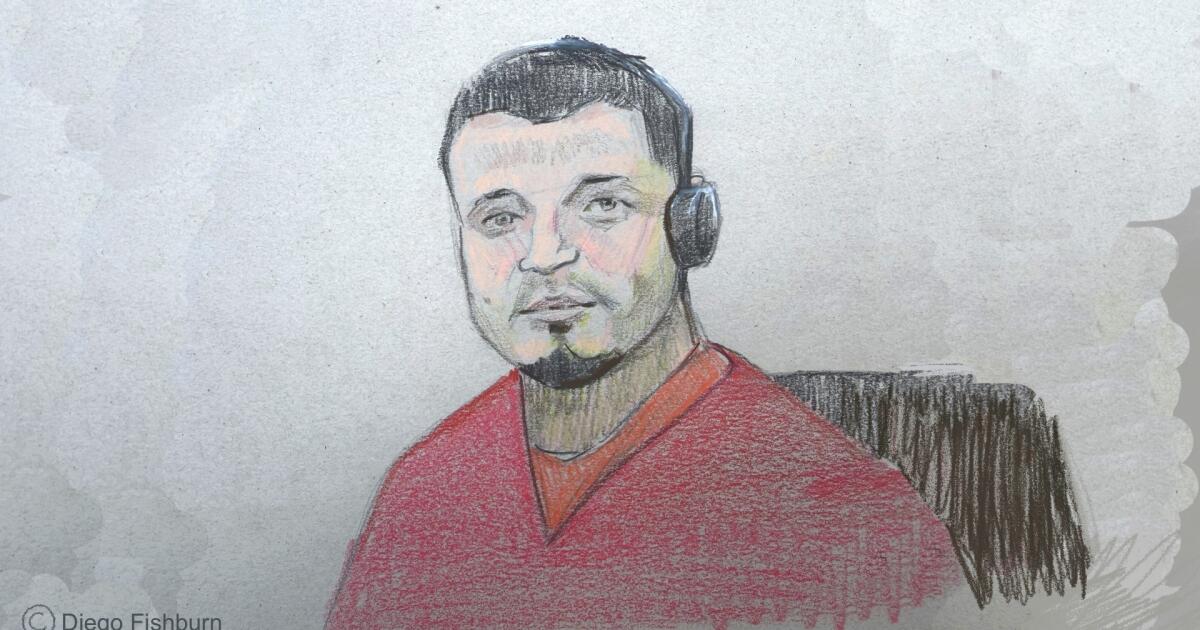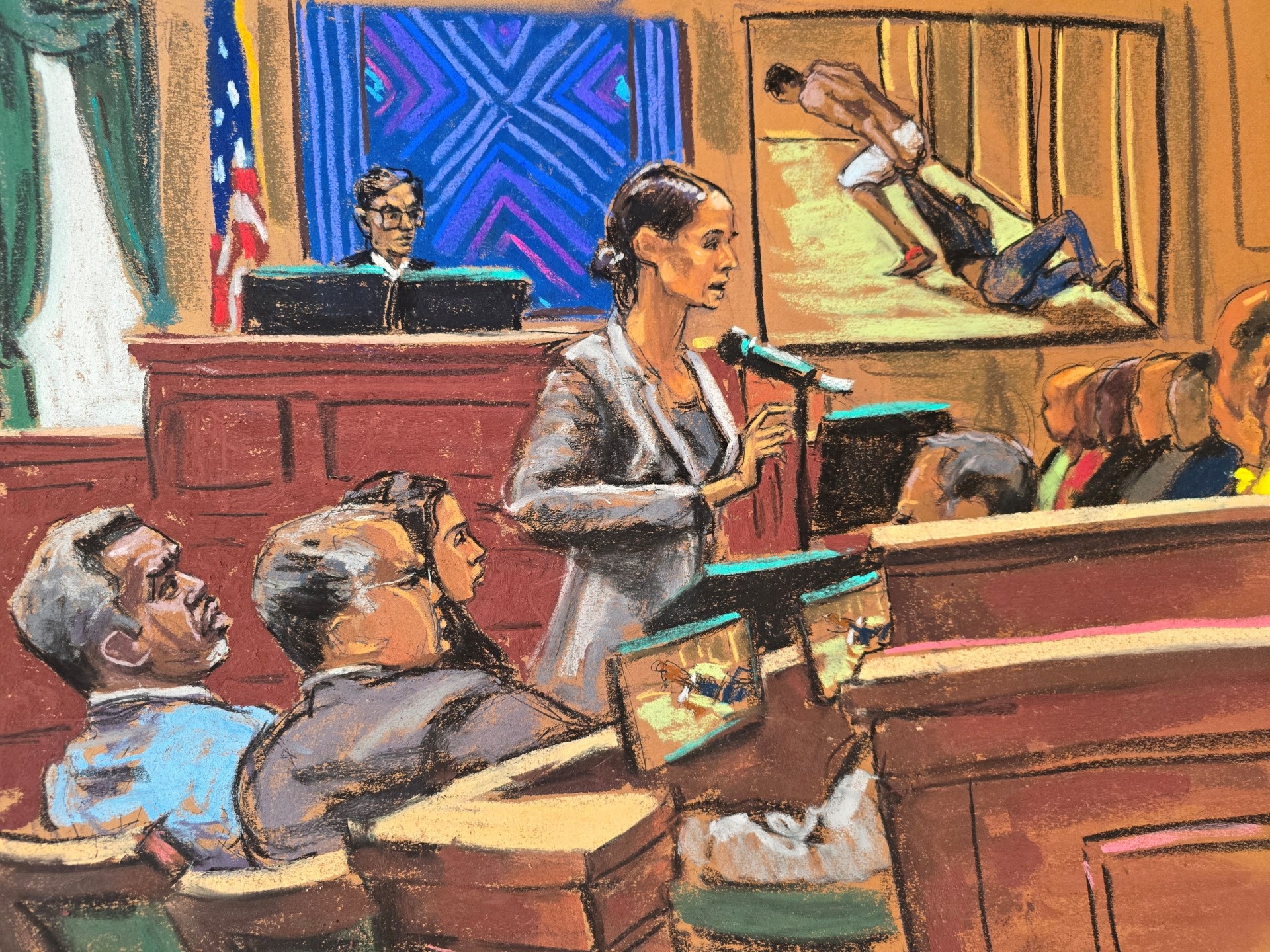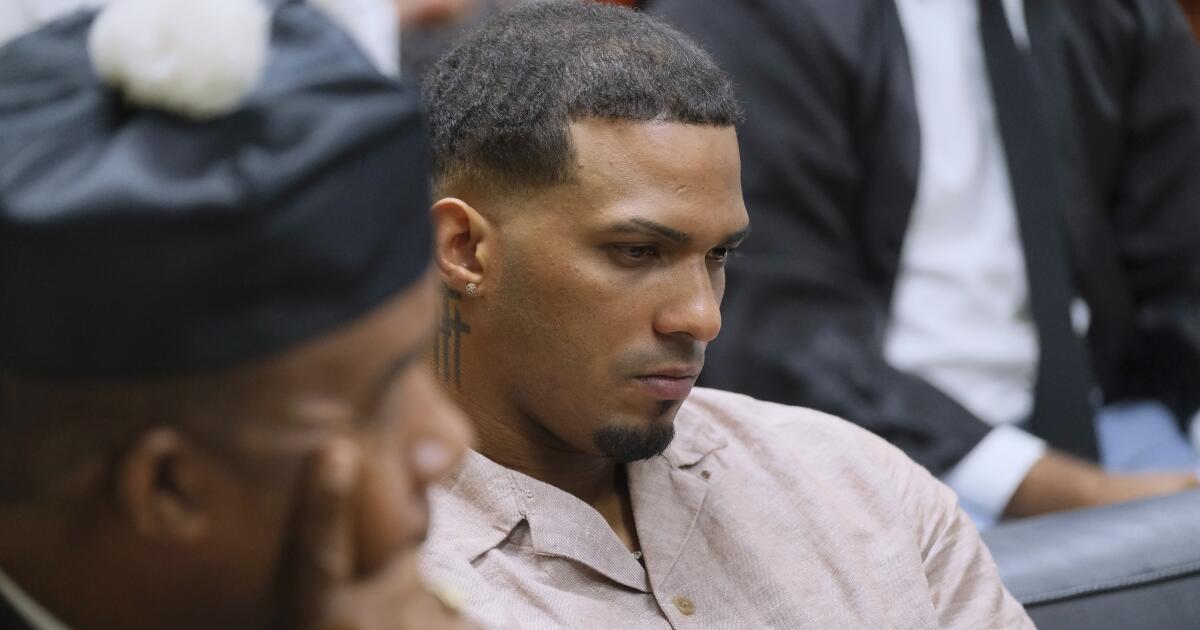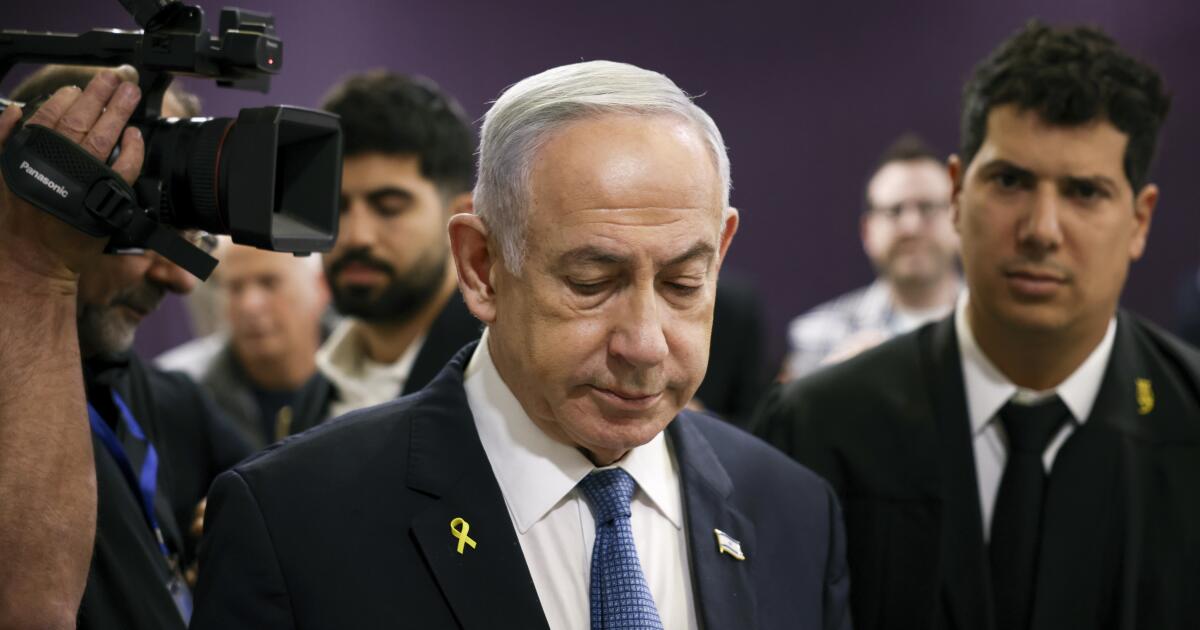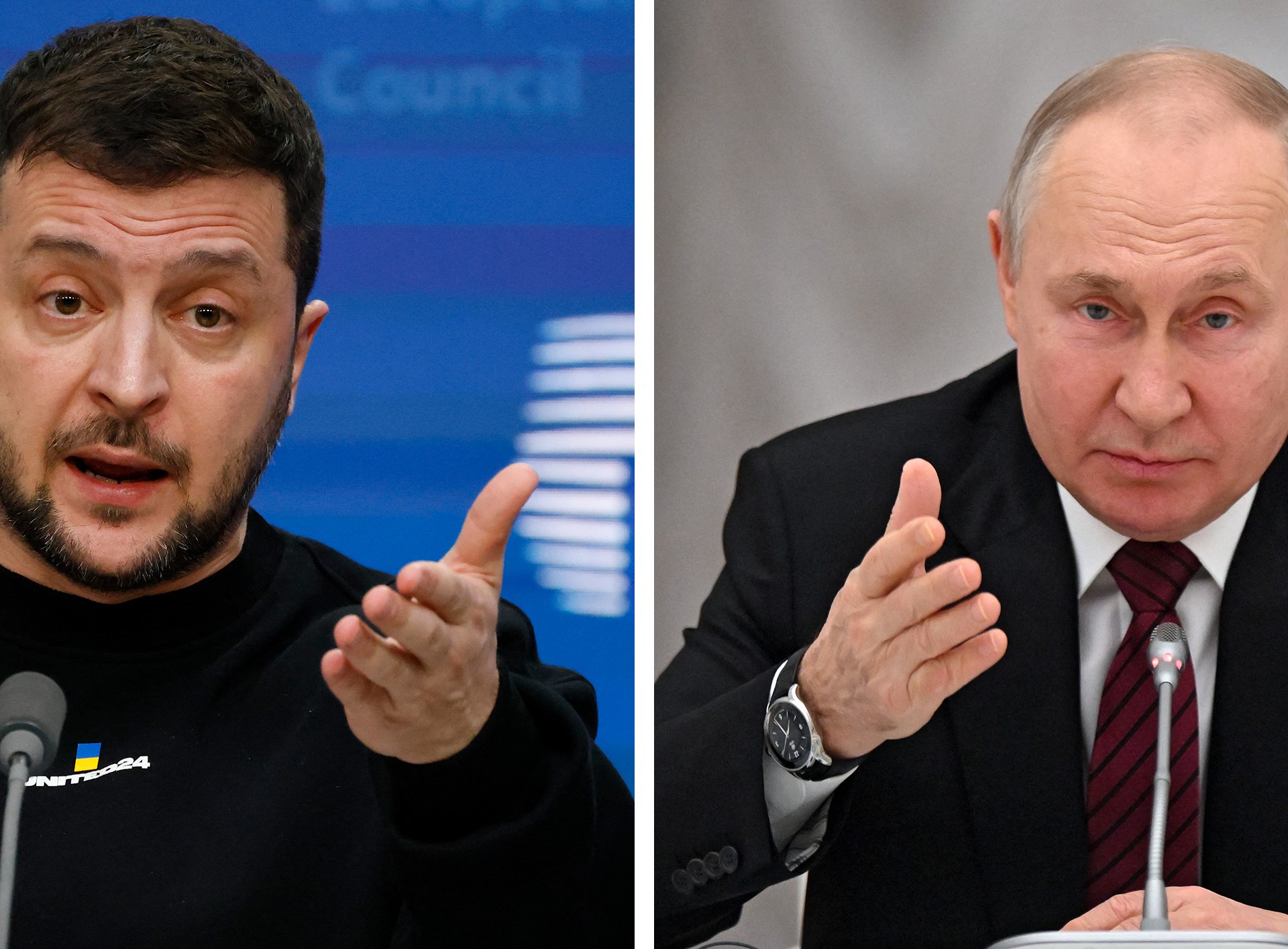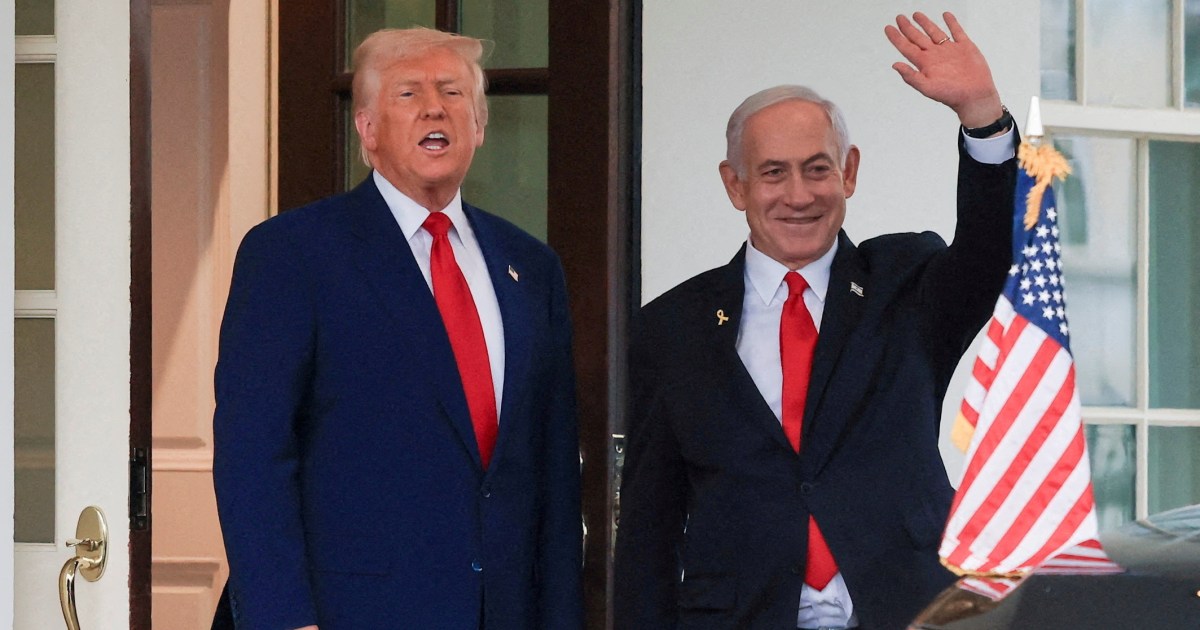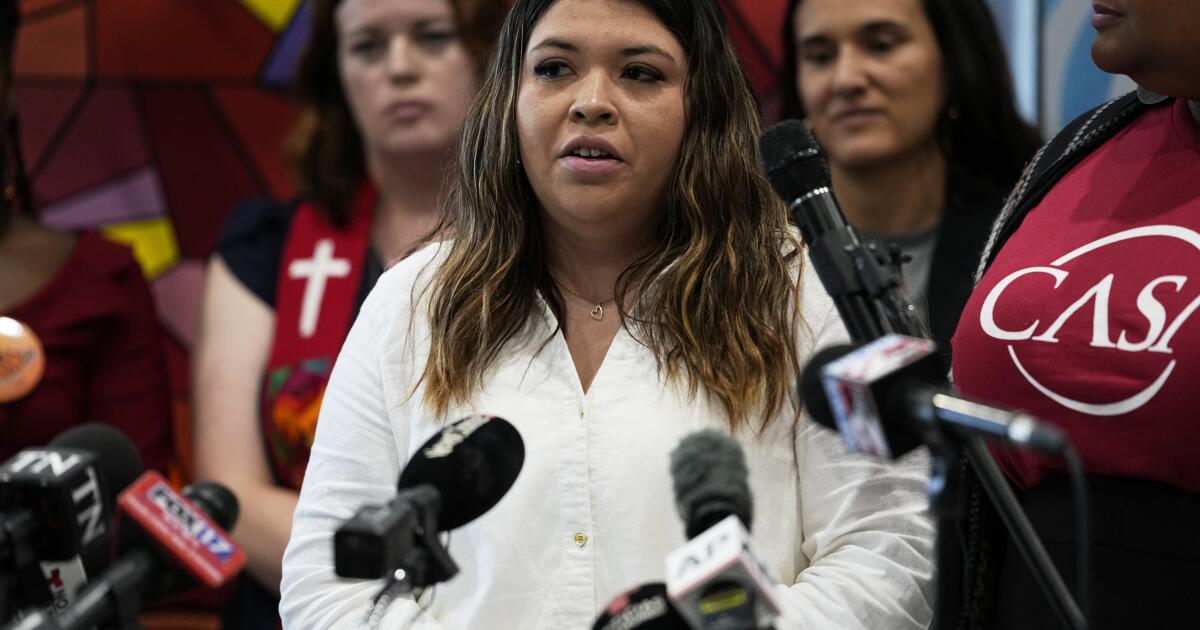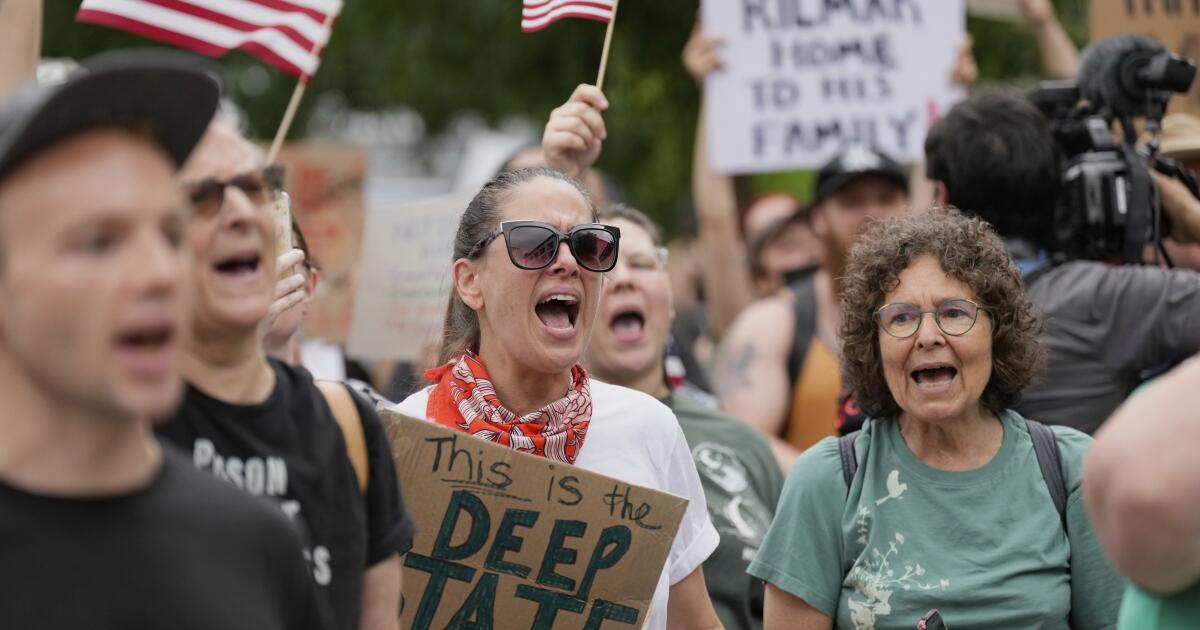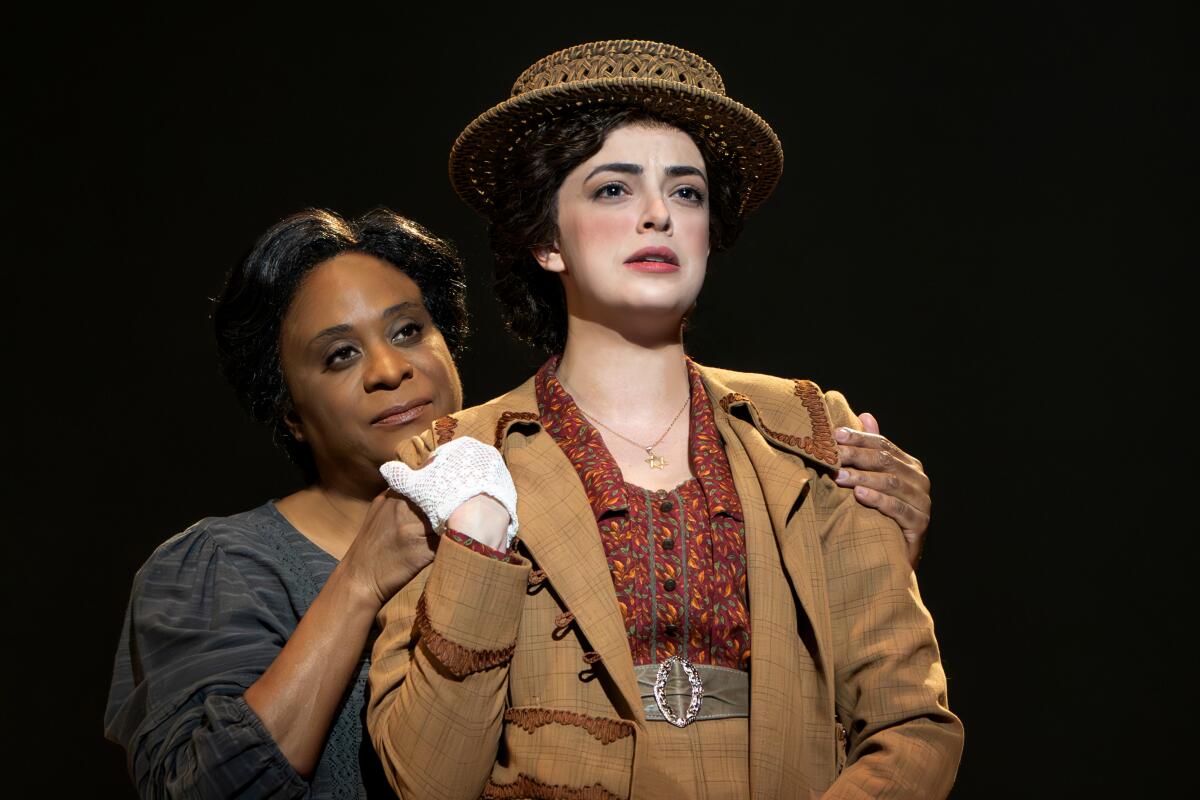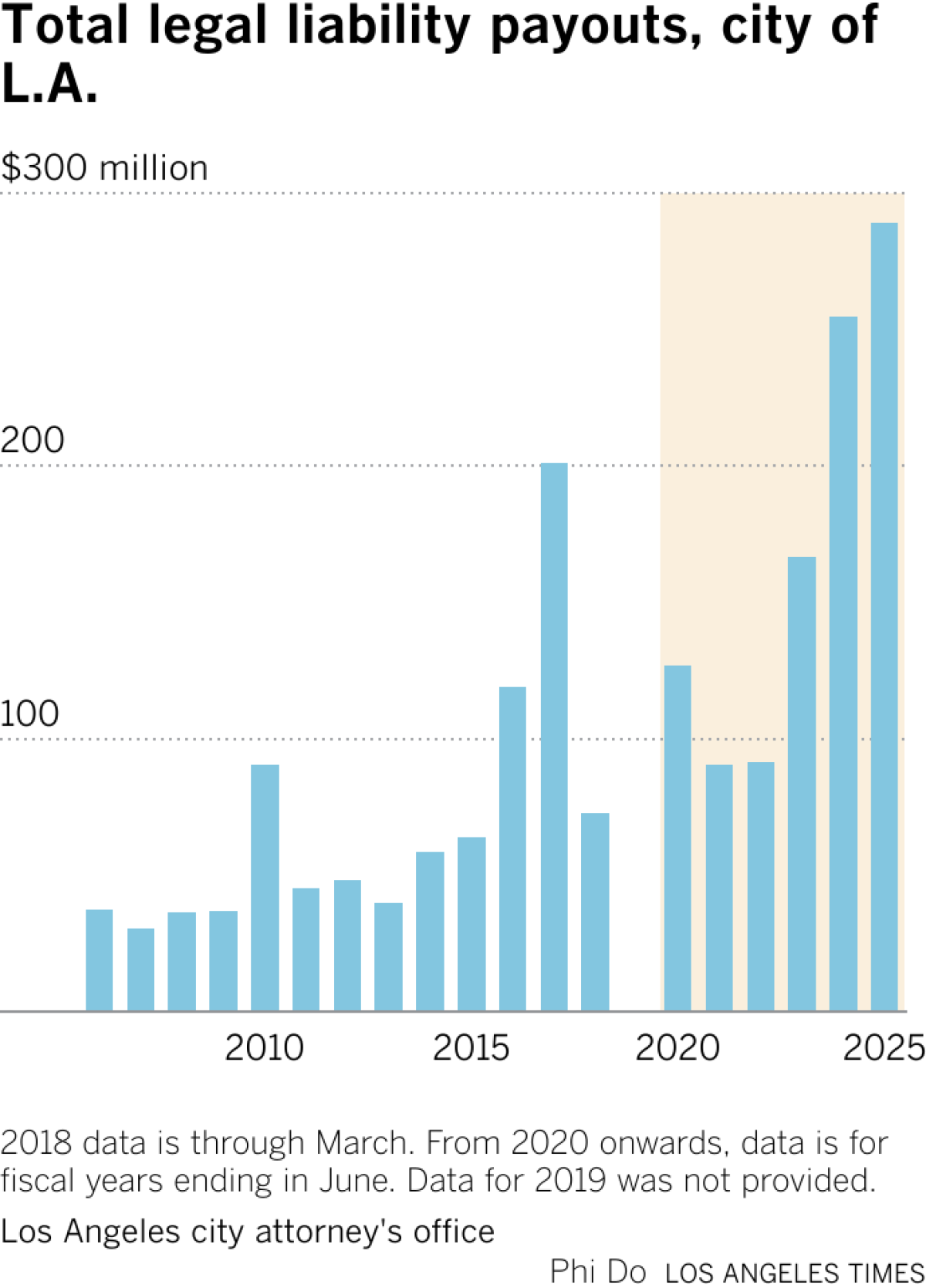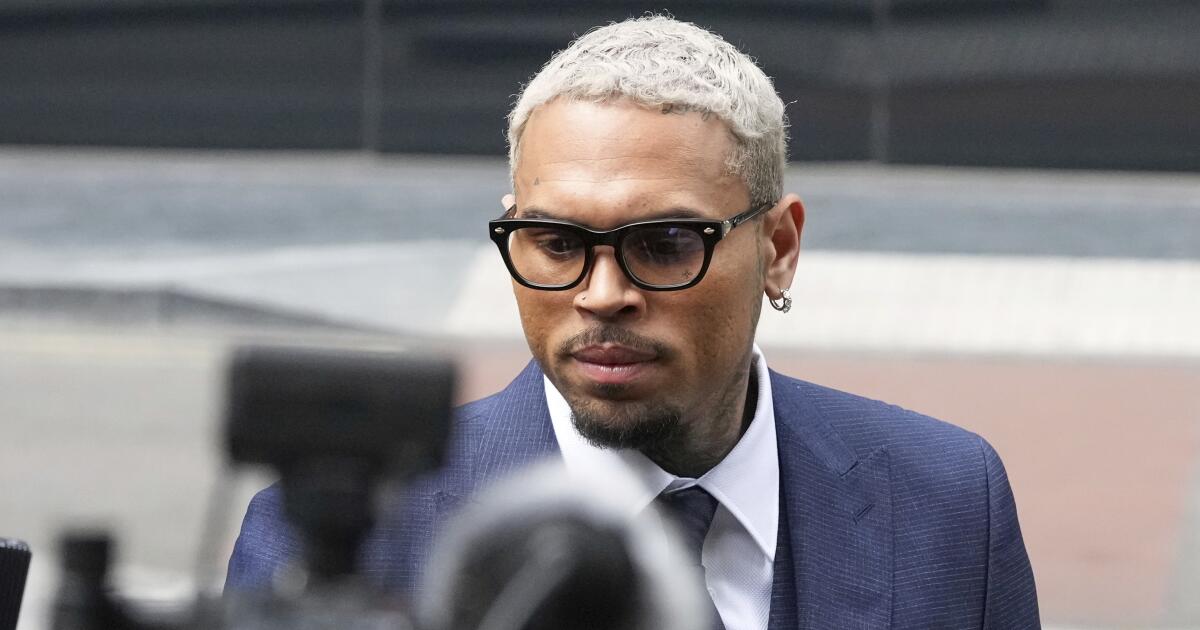Sean ‘Diddy’ Combs jury reaches verdicts on sex trafficking and prostitution, deliberating racketeering
Jurors have reached a verdict on four of five counts against music mogul Sean “Diddy” Combs, who is on trial in a New York federal courtroom, accused of racketeering, sex trafficking and transportation for prostitution.
The jury sent a note to the trial judge Tuesday afternoon stating they’d reached a verdict on several counts but were unable to reach a consensus on count one — racketeering. They will continue deliberating on that count in Manhattan starting Wednesday at 9 a.m.
Combs, 55, is charged under the federal Racketeer Influenced and Corrupt Organizations Act, commonly referred to as RICO, which requires a defendant to be part of an enterprise involved in at least two overt criminal acts out of 35 offenses listed by the government.
He is also charged on two counts each of sex trafficking by force, fraud or coercion and transportation to engage in prostitution in connection with two women — his former girlfriend Casandra “Cassie” Ventura and a woman identified in court only as Jane, also a former girlfriend.
The jury has reached a unanimous verdict on the four counts tied to Ventura and Jane but not on the racketeering count. Their verdict is not yet known. As Tuesday’s deliberations concluded, Combs was seen praying in the courtroom and looking morose, according to the Associated Press.
The impending verdicts are the culmination of a celebrity legal drama that has generated global attention and offered a graphic and often violent glimpse into the life of one of the nation’s most powerful music figures and his near billion-dollar enterprise. Jurors heard from three women, two former girlfriends and a personal assistant, who described mob-family-style racketeering with coercion, kidnapping, threats and beatings done to cover up a pattern of sexual assaults, sex trafficking and prostitution over decades.
During the seven-week trial, prosecutors portrayed Combs and his associates as luring female victims, often under the pretense of a romantic relationship. Once he had gained their interest, Combs allegedly used force, threats of force, coercion and controlled substances to get them to engage in sex acts with male prostitutes while he occasionally watched in gatherings that Combs referred to as “freak-offs.”
On the stand, witnesses testified that Combs gave the women ketamine, ecstasy and GHB to “keep them obedient and compliant” during the performances.
Jurors deliberated for more than 12 hours before reaching verdicts on several of the counts against Combs.
The racketeering charge alleged Combs’ Bad Boy Entertainment was like a mob family and criminal enterprise that threatened and abused women and utilized members of his enterprise to engage in a litany of crimes over the years including kidnapping, sex trafficking, bribery, arson, forced labor and obstruction of justice.
Though RICO cases are more typically associated with the mafia, street gangs or drug cartels, any loose association of two or more people is enough, like Combs’ entourage, said former federal prosecutor Neama Rahami. Prosecutors during the trial aimed to demonstrate a pattern of racketeering or two or more RICO predicate acts that occurred over 10 years. That’s why the evidence of bribery, kidnapping, obstruction, witness tampering and prostitution became key to the case.
Key to the government’s case was the testimony of three women: Combs’ onetime lover Ventura, whose 2023 lawsuit set off the unraveling of Combs’ enterprise and reputation; his most recent ex-girfriend, Jane; and his former assistant, only identified in court as Mia.
In the trial, Ventura testified she felt “trapped” in a cycle of physical and sexual abuse by Combs, and that the relationship involved years of beatings, sexual blackmail and a rape.
She claimed Combs threatened to leak videos of her sexual encounters with numerous male sex workers while drug-intoxicated and covered with baby oil as he watched and orchestrated the freak-offs.
One of those freak-offs led to an infamous hotel beating that was captured on hotel security cameras. Video footage from that March 2016 night shows Combs punching and kicking Ventura as she cowers and tries to protect herself in front of an L.A. hotel elevator bank. He then drags her down the hall by her hooded sweatshirt toward their hotel room.
A second angle from another camera captures Combs throwing a vase toward her. She suffered bruising to her eye, a fat lip and a bruise that prosecutors showed was still visible during a movie premiere two days later, where she wore sunglasses and heavy makeup on the red carpet.
In closing arguments, Assistant U.S. Atty. Christy Slavik told jurors Combs “counted on silence and shame” to enable and prolong his abuse and used a “small army” of employees to harm women and cover it up, according to the Associated Press.
Combs, he said, “doesn’t take no for an answer.”
When it came time for Combs’ defense team to present their case, they opted to move straight to closing arguments without presenting a witness. Rahami, the former federal prosecutor, said the defense expected jurors would question why those on the stand did not report the behavior to authorities at the time it was occurring and, in some cases, chose to stay in Combs’ orbit.
Marc Agnifilo, one of Combs’ lawyers, told jurors in closing that federal prosecutors “exaggerated” their case and sought to turn the hip-hop mogul’s swinger lifestyle into the most serious of federal offenses — racketeering and sex trafficking, without the evidence to back it up. In reality, Combs has a drug problem and his relationship with Ventura was a “modern love story” where the mogul “owns the domestic violence” that was revealed in the trial, Agnifilo said.
